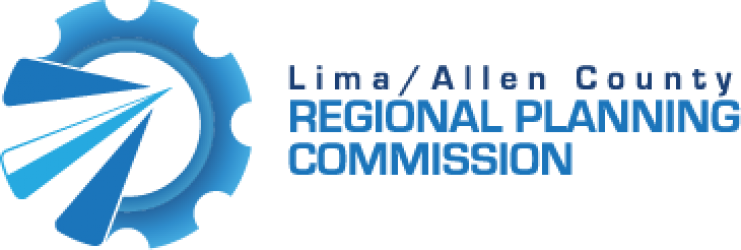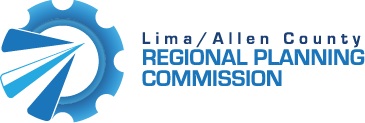Program Areas
Entitlement Communities
The CDBG entitlement program allocates annual grants to larger cities and urban counties to develop viable communities by providing decent housing, a suitable living environment, and opportunities to expand economic opportunities, principally for low- and moderate-income persons.
State Administered
CDBG Also known as the Small Cities CDBG program, States award grants to smaller units of general local government that carry out community development activities. Annually, each State develops funding priorities and criteria for selecting projects.
Section 108 Loan Guarantee Program
CDBG entitlement communities are eligible to apply for assistance through the section 108 loan guarantee program. CDBG non-entitlement communities may also apply, provided their State agrees to pledge the CDBG funds necessary to secure the loan. Applicants may receive a loan guarantee directly or designate another public entity, such as an industrial development authority, to carry out their Section 108 assisted project.
HUD Administered Small Cities
The HUD Honolulu Office directly administers the CDBG program for non-entitlement communities in the State of Hawaii.
Insular Areas
CDBG program provides grants to four designated insular areas: American Samoa, Guam, Northern Mariana Islands, and the Virgin Islands.
Disaster Recovery Assistance
HUD provides flexible grants to help cities, counties, and states recover from presidentially declared disasters, especially in low-income areas, subject to availability of supplemental appropriations.
Neighborhood Stabilization Program
HUD provides grants to communities hardest hit by foreclosures and delinquencies to purchase, rehabilitate or redevelop homes and stabilize neighborhoods.
Colonias
Texas, Arizona, California, and New Mexico set aside up to 10 percent of their State CDBG funds for improving living conditions for colonias residents.
Brownfields Economic Development Initiative (BEDI).
BEDI is a competitive grant program used to spur the return of brownfields to productive economic reuse. BEDI grants must be used in conjunction with a new Section 108 guaranteed loan. Both Section 108 loan proceeds and BEDI grant funds are initially made available by HUD to public entities approved for assistance.
About the Program
The CDBG program works to ensure decent affordable housing, to provide services to the most vulnerable in our communities, and to create jobs through the expansion and retention of businesses. CDBG is an important tool for helping local governments tackle serious challenges facing their communities. The CDBG program has made a difference in the lives of millions of people and their communities across the Nation.
The annual CDBG appropriation is allocated between States and local jurisdictions called “non-entitlement” and “entitlement” communities respectively. Entitlement communities are comprised of central cities of Metropolitan Statistical Areas (MSAs); metropolitan cities with populations of at least 50,000; and qualified urban counties with a population of 200,000 or more (excluding the populations of entitlement cities). States distribute CDBG funds to non-entitlement localities not qualified as entitlement communities.
HUD determines the amount of each grant by using a formula comprised of several measures of community need, including the extent of poverty, population, housing overcrowding, age of housing, and population growth lag in relationship to other metropolitan areas.
Citizen Participation
- A grantee must develop and follow a detailed plan that provides for and encourages citizen participation. This integral process emphasizes participation by persons of low or moderate income, particularly residents of predominantly low- and moderate-income neighborhoods, slum or blighted areas, and areas in which the grantee proposes to use CDBG funds. The plan must provide citizens with the following: reasonable and timely access to local meetings; an opportunity to review proposed activities and program performance; provide for timely written answers to written complaints and grievances; and identify how the needs of non-English speaking residents will be met in the case of public hearings where a significant number of non-English speaking residents can be reasonably expected to participate.
- Allen County CDBG Citizens, Participation
Eligible Activities
Over a 1, 2, or 3-year period, as selected by the grantee, not less than 70 percent of CDBG funds must be used for activities that benefit low- and moderate-income persons. In addition, each activity must meet one of the following national objectives for the program: benefit low- and moderate-income persons, prevention or elimination of slums or blight, or address community development needs having a particular urgency because existing conditions pose a serious and immediate threat to the health or welfare of the community for which other funding is not available.
Information provided by US Office of Housing and Urban Development (HUD)


Follow Us On (419) 228-1836
(419) 228-1836